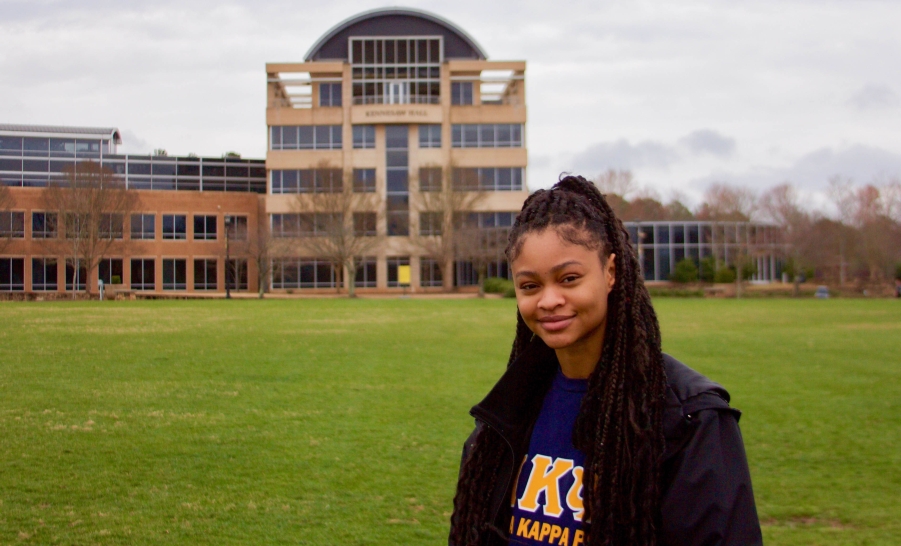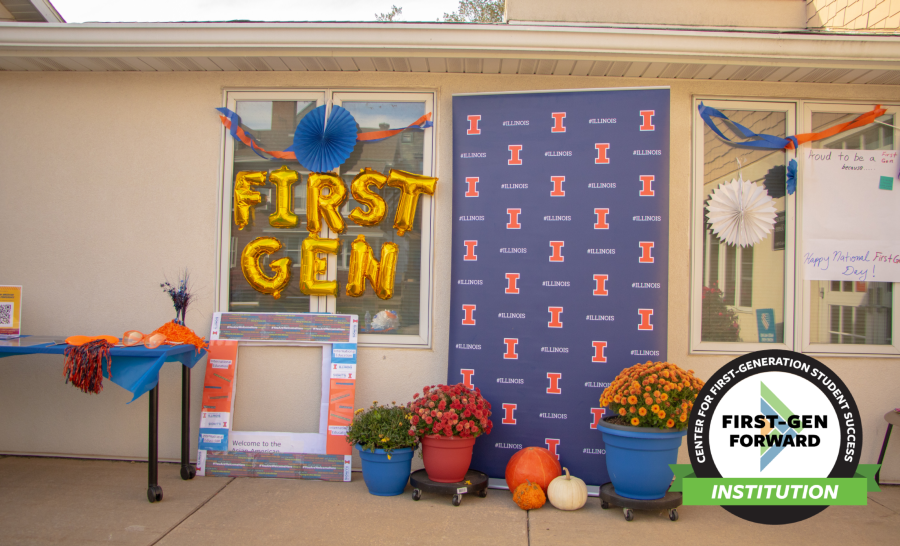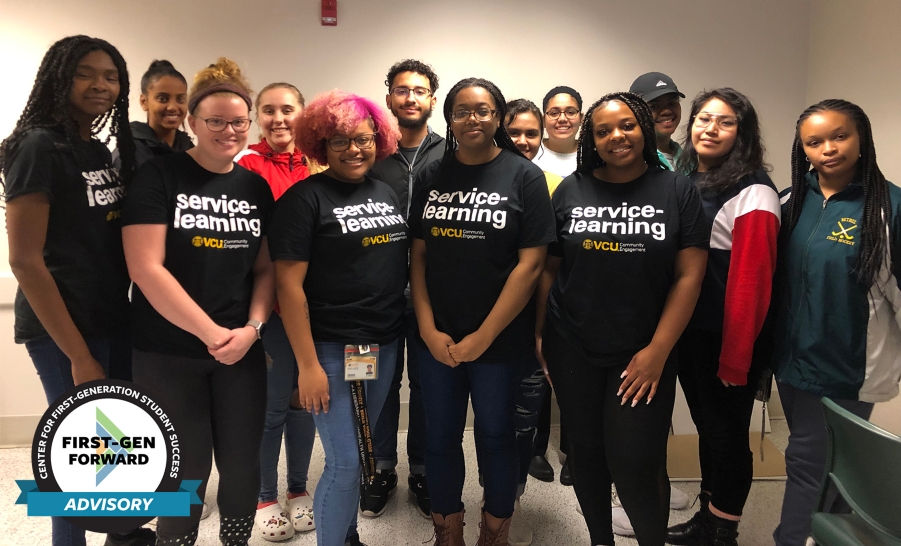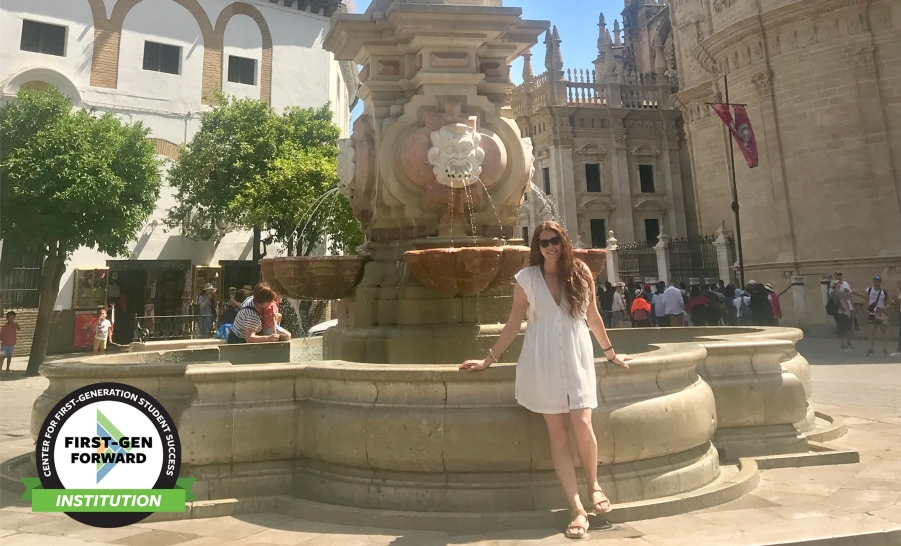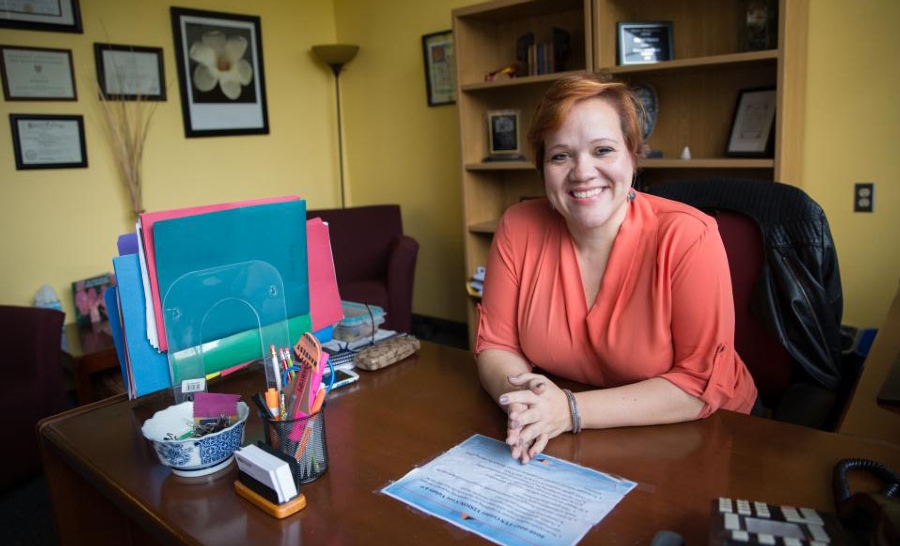Studying Abroad, A Generation Apart
Marisel Herrera M.Ed., Arizona State University / FirstGen Forward / August 07, 2019
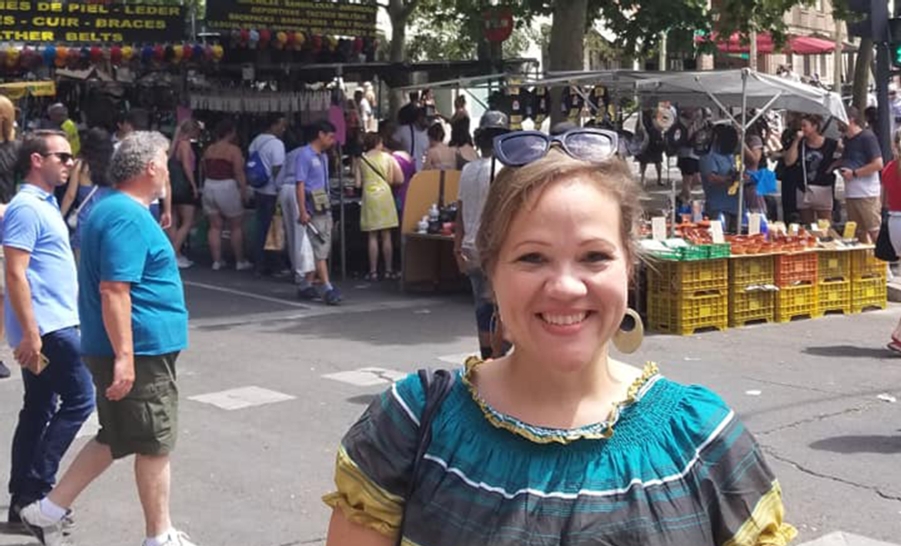
“I do my best because I am counting on you counting on me.” Dr. Maya Angelou
As I board a plane to Madrid where I am meeting my son who is studying abroad in Spain, every moment feels so important, so deeply filled with joy, gratitude and awe at its’ personal, historic and symbolic significance.
My decision to study abroad 25 years ago carried the weight of my and my community’s aspirations and challenges. As a first-generation, Latina, low-income student my announcement that I would be spending my last semester of college thousands of miles away was met with mixed reviews. While my mentors and professors touted all of its’ benefits, often reflecting on memories of their international traveling, my family was ambivalent and confused to say the least. No one in my large family of eight had travelled outside of the United States (other than to our island of Puerto Rico) and any excitement they might have had was clouded by questions and concerns. My mom in particular, insistently asked por que? Why do this now? Why is this necessary? How can this be a safe decision for a single female?
While I continued with my plans throughout the summer despite their questioning, a growing sense of doubt and my own fragile resolve would receive a major blow the week prior to my departure in August 1995. That week, while exiting the neighboring project building, my mother’s elderly friend, affectionately referred to as “Goldilocks” in the community, was murdered by a stray bullet as she and my mom and several other women headed home after a prayer meeting in someone’s home. In the middle of the day, an innocent, elderly woman was killed within a few feet of my mom. Given that this happened in Spanish Harlem, I doubt it made the news but this tragedy and the real possibility that it could have been my mom, shook me and my plans to the core. Beyond the shock and grief of this loss of life, I was inundated with feelings of fear, of helplessness in being able to protect my family, and of profound guilt − for wanting something so seemingly “indulgent” as travel abroad and for leaving my mom a week later. That decision was a crucible one − a defining moment in my life − of facing the vulnerability of life, of choosing the great unknown distance between the world I lived in and the one I dreamed of, of prioritizing my needs and wants above the ones I perceived my family and community would prefer. While this tragedy may not be all first-generation students reality − the gravity and tension of many of the decisions they navigate in their two worlds, is all too common. The emotional and psychological wear and tear of the often competing demands, desires and realities is palpable but often unknown and unnamed in their collegiate experience. The price of the prize is far more than tuition and is one, that even as we should promote high-impact best practices like study abroad, we should remain mindful of and transparent about with students and their families.
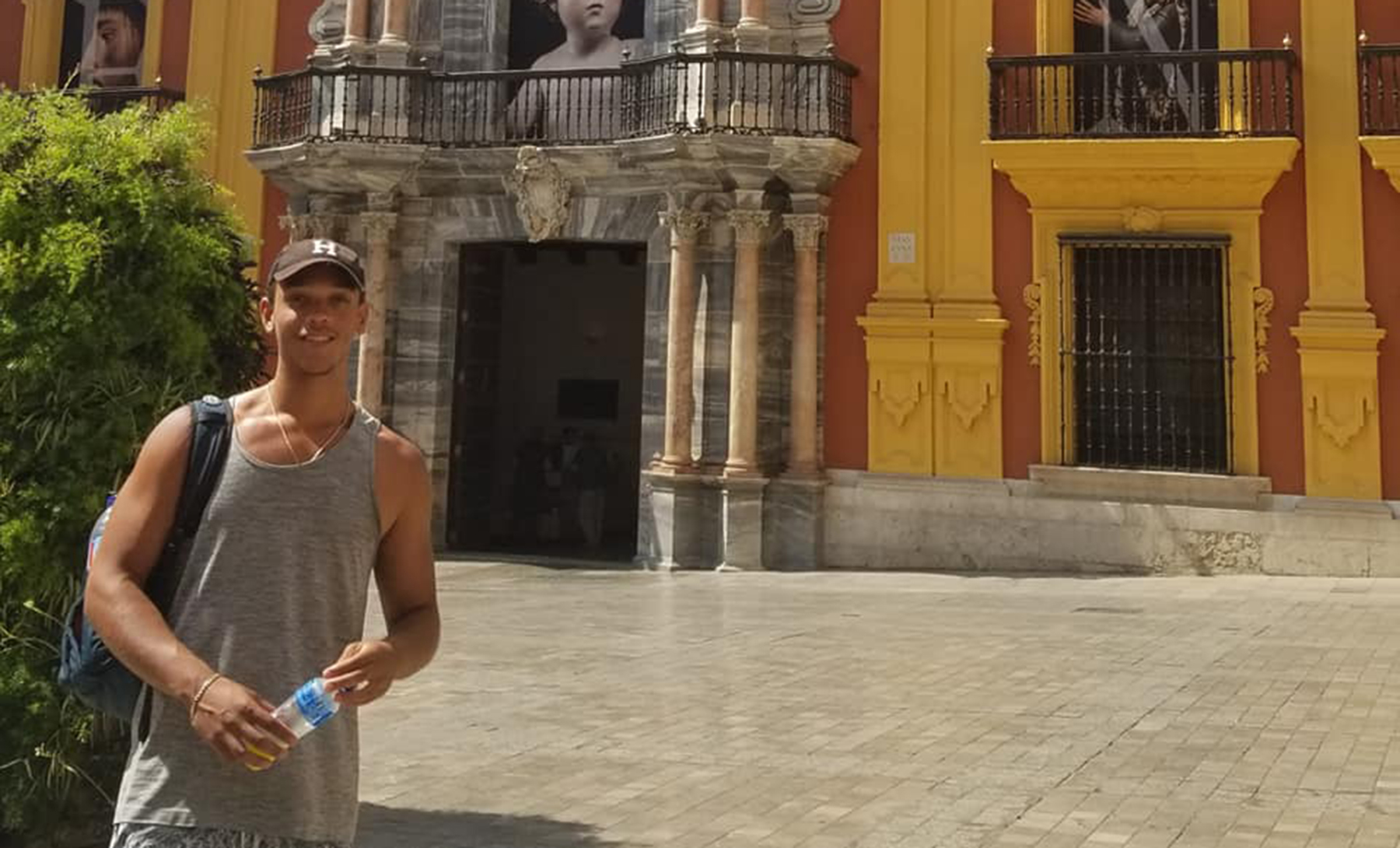
One thing was clear amidst the beautiful sights set against the backdrop of the complicated, intersectional dynamics of culture, gender, class and generational status that shaped our individual experiences − 25 years apart − and that culminated in our joint time abroad this summer. This moment was historic, hard won, and to be greatly treasured. To be able to experience the world in this deeply enriching and expansive way was a palpable byproduct of a higher education, of the mobility and life options within the reach of first-generation college graduates. It was a testament to the power of higher education to change generational trajectories, aspirations, and realities. And, it served as a reminder of the enduring impact of decisions made and opportunities seized in our undergraduate years. It brought to my remembrance the critical, generational role we play in our students’ lives. As an educator, it sealed the commitment to ensure that daily “I do my best because I am counting on you counting on me.”
